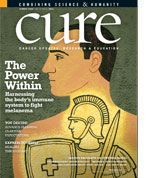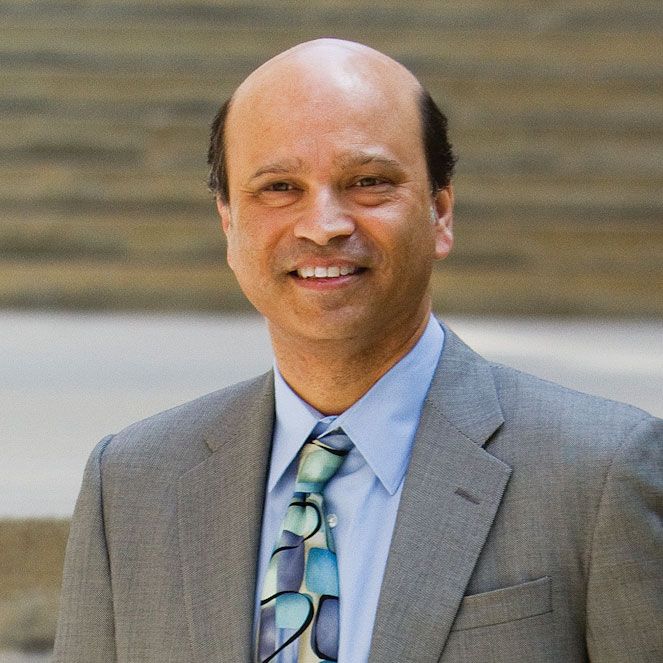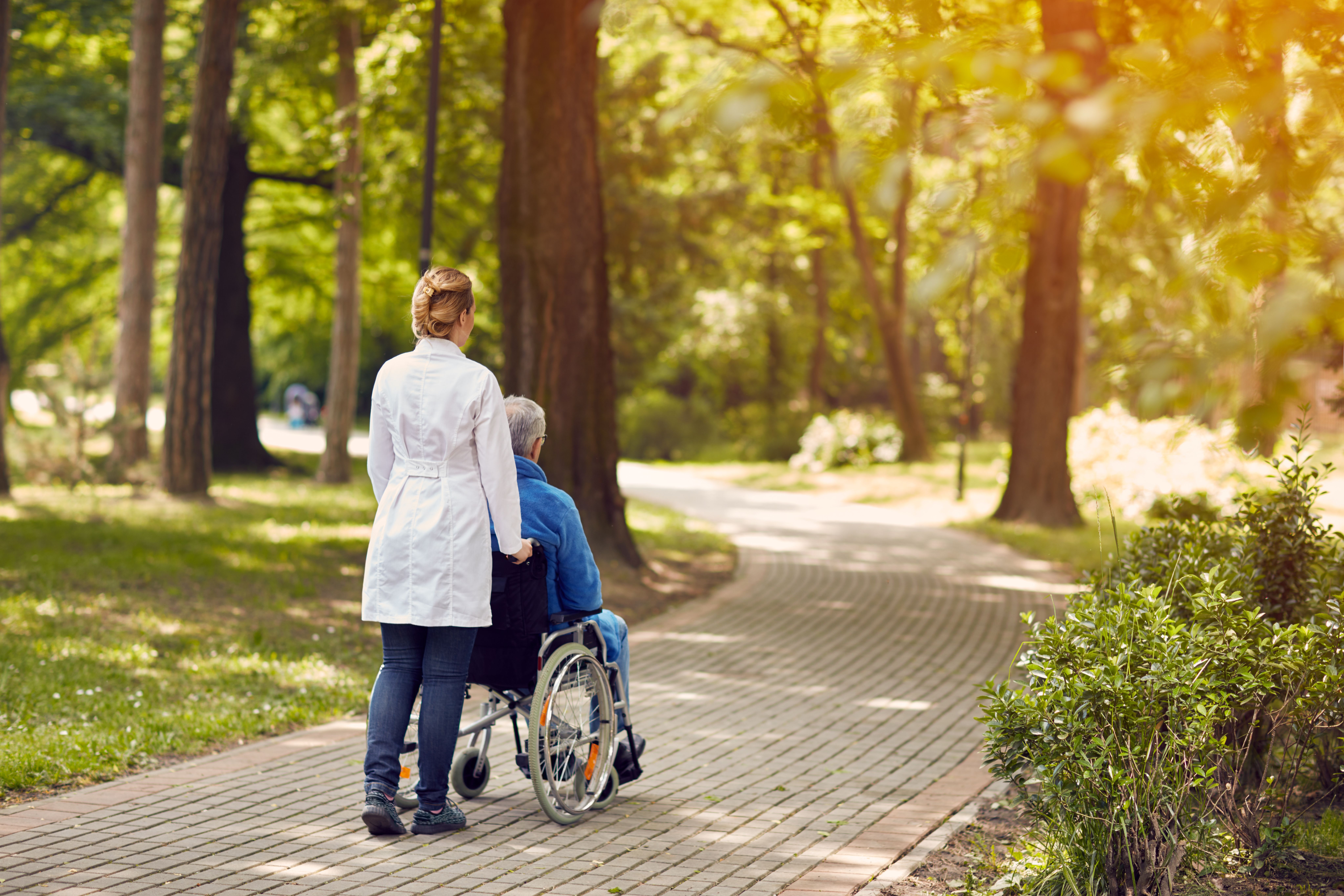Publication
Article
CURE
Q & A: Clinical Trials Are Essential to Cancer Care
Author(s):
Q & A: Clinical Trials Are Essential to Cancer Care
Q: Why don’t more people participate in clinical trials?
A: There are many reasons. Perhaps it is a lack of awareness on the part of patients, an unwillingness to be “experimented” on (especially in some communities where the privilege was severely abused by some researchers in the past who had positions of influence on the design of such trials) or perhaps because of potential costs or distance from trial sites. Also, patients are reluctant to be “randomized,” as is required for some studies.
Many organizations have worked to make access to clinical trials easier. The American Cancer Society (ACS), for example, has trained specialists to help people navigate the maze of trials and find out which ones may be right for them. The Coalition of Cancer Cooperative Groups—which works with the ACS— has done excellent work in helping patients and doctors connect with trial sites.
Moreover, much effort has been made to be sure that Medicare and private insurers recognize the value of participating in clinical trials. In many circumstances, the cost of usual cancer care is covered by Medicare, and the new drug is provided at no cost by the manufacturer.
Finally, there is the question of quality care.
No one can promise that a new treatment is better or worse than standard care, but there is the assurance that the conditions of the trial are carefully reviewed by experts in the field to be certain that the treatments offered are appropriate, within acceptable standards of care and that necessary safeguards are in place. It is a level of oversight that exists in many cancer treatment situations.
Cancer clinical trials should be viewed as an essential and appropriate part of cancer care. We could make much more rapid progress in cancer treatment if only we had more people willing and able to participate in clinical trials.
Think of it as one small way to repay those who had the foresight to participate in a trial that perhaps made your own treatment more safe and effective. Clinical trials are one very special way to fight back against a disease over which we have little control.
That is a legacy anyone could be proud of.
—Len Lichtenfeld, MD, is deputy chief medical officer for the American Cancer Society.






